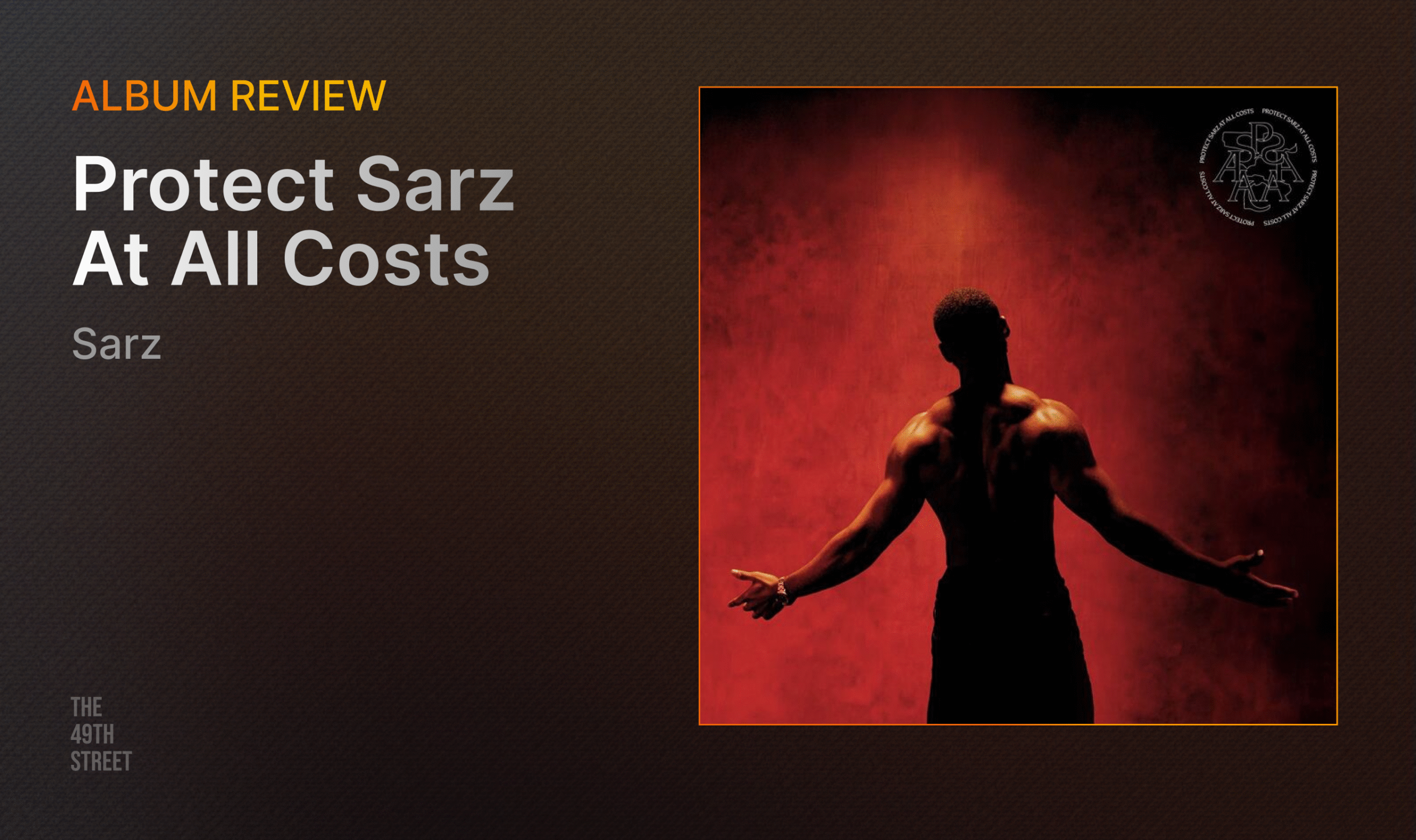For decades, the Nigerian literary scene has operated within a well-defined hierarchy. Traditional publishing houses were the gatekeepers, determining which stories deserved amplification and which manuscripts were worthy of public consumption. This system, while producing many of Nigeria’s most celebrated authors, has also created barriers – lengthy submission processes, restrictive contracts, and a narrow definition of what constituted “marketable” literature.
Today, that system is being upended. Self-publishing, which was once dismissed as a vanity project for writers who couldn’t secure “real” book deals, has matured into something formidable and is reshaping how stories are told, shared, and sold across Nigeria.
What began as a workaround for frustrated authors has become a full-fledged movement, changing storytelling in ways that challenge the very foundations of Nigeria’s publishing industry. It’s become a force of its own; writers from underrepresented communities now have direct access to readers, genres that were once deemed too niche are flourishing, and what it means to be a literary success is being redefined. But this shift is not without its complications.
As more writers bypass traditional routes, critical questions emerge: Who truly benefits from this new ecosystem? What is lost when the gatekeepers are removed? And can self-publishing sustain itself without sacrificing the quality and prestige that traditional publishing once guaranteed?
The Beginnings of Self-Publishing
The explosive growth of self-publishing in Nigeria is, at its core, a story of technology intersecting with pent-up creative demand. For years, talented writers faced a frustrating paradox: Nigeria has one of the most vibrant literary cultures in Africa, yet breaking into the traditional publishing industry required connections, patience, and often, compromise.
Manuscripts could languish for years in submission queues, and even accepted works were frequently subject to editorial changes that diluted the author’s original vision. The rise of digital platforms like Amazon Kindle Direct Publishing (KDP), OkadaBooks, and Wattpad changed everything by turning publishing from an elite privilege into something accessible to anyone with a manuscript and an internet connection.
The numbers tell part of the story. OkadaBooks, one of Nigeria’s leading digital publishing platforms before its shutdown, reported a staggering 300% increase in self-published titles between 2018 and 2022. Amazon KDP, meanwhile, has seen a surge in Nigerian authors leveraging its global distribution network to reach readers far beyond the country’s borders.
These platforms have effectively dismantled the old barriers, allowing writers to publish on their own terms, retaining full creative control, setting their own prices, and keeping a significantly larger share of royalties than traditional publishing ever allowed.
But technology alone doesn’t explain the shift. There’s also a growing cultural resistance to the idea that literary validation must come from established institutions. Younger writers, in particular, are less willing to wait for approval from traditional gatekeepers. They want to tell their stories now, in their own voices, without the filters of editorial boards or market-driven compromises. This mindset has given rise to a new generation of authors who see self-publishing not as a last resort, but as a deliberate, even empowering choice.
For authors like Chiamaka Okike, whose novella Seeri began as a small passion project, self-publishing offered something traditional routes could not: immediacy and unfiltered creative expression. “I wrote Seeri in a week for an event,” she explains.
“Printing copies myself meant I could share it immediately, exactly as I envisioned it, without waiting for a publisher’s approval or adjusting my voice to fit someone else’s expectations.” This level of autonomy is a recurring theme among self-published writers. Without editors or marketing teams dictating terms, authors retain full control over everything from cover design to pricing, allowing niche genres, paranormal romance, experimental poetry, and localised narratives to flourish where traditional publishers might have deemed them “unmarketable.”
The Pitfalls of Innovation
Yet for all its promise, self-publishing is not without its own problems. The same lack of gatekeepers that empowers writers also floods the market with unedited, poorly formatted books, risking an erosion of reader trust. The absence of quality control means that truly exceptional works can be drowned out by the dozens of subpar works.
Even talented authors find themselves struggling to stand out in an algorithm-driven marketplace where visibility often hinges on marketing savvy rather than literary merit. “You’re not just a writer anymore,” Okike admits. “You’re the publisher, the sales team, the accountant. It’s exhausting.”
The financial burden adds to the challenge. While self-publishing eliminates middlemen, it also places the full cost of professional editing, cover design, and distribution on the author. Many writers, particularly those from low-income backgrounds, find themselves forced to cut corners, skipping professional editing to save money, for instance, or relying on generic cover designs that fail to capture their book’s essence. The result is a market where quality is uneven at best, and where even brilliant works can get lost in the noise.
Traditional publishers, watching this shift unfold, have responded with a mix of skepticism and reluctant adaptation. Some, like Ouida Books, have begun scouting self-published hits for republication under their imprints, effectively using the self-publishing world as a farm system for new talent. Others, like Phoenix Award Books, offer hybrid models where authors can pay for à la carte services – editing, cover design, ISBN registration – without surrendering full creative control. “We’re building a community, not just a platform,” says Paul Anisiji, founder of Phoenix Award Books. “Authors help each other navigate the process, which makes it less isolating.”
Still, purists in the traditional industry remain wary. Elohor Pearl, an editor at longstanding Nigerian publishing house, Quramo Publishing, cautions that self-publishing’s DIY often comes at a cost. “What’s worth doing is worth doing well,” she argues.
“When you’re the author, editor, and marketer all at once, something usually suffers, and it’s usually the editing or the marketing.” Her concern speaks to a deeper tension: as self-publishing grows, will it elevate Nigerian literature or dilute it?
The Future of Publishing in Nigeria
The future of Nigerian literature likely lies in a hybrid model; one that combines the creative freedom of self-publishing with the quality control and distribution muscle of traditional publishing. Self-publishing isn’t going away, nor should it. Its democratizing force has already unlocked voices that might otherwise have gone unheard.
But for the movement to mature, it needs stronger ecosystems: affordable professional services, better discoverability tools, and, perhaps most importantly, a shift in perception that allows self-published works to be taken as seriously as their traditionally published counterparts.
Publishing collectives, where groups of writers pool resources to hire editors and designers, could be one solution. Another is the growth of literary awards specifically for self-published works, helping to separate the wheat from the chaff.
As Okike puts it: “Good work will always find its audience. The future isn’t about how a book is published, it’s about whether it resonates.” Nigeria’s literary landscape is being disrupted, yes, but disruption isn’t destruction. It’s the inevitable result of a system that needed change. The question now is how to channel this energy into a sustainable, inclusive future for Nigerian storytelling – one where both traditional and self-publishing can thrive.





